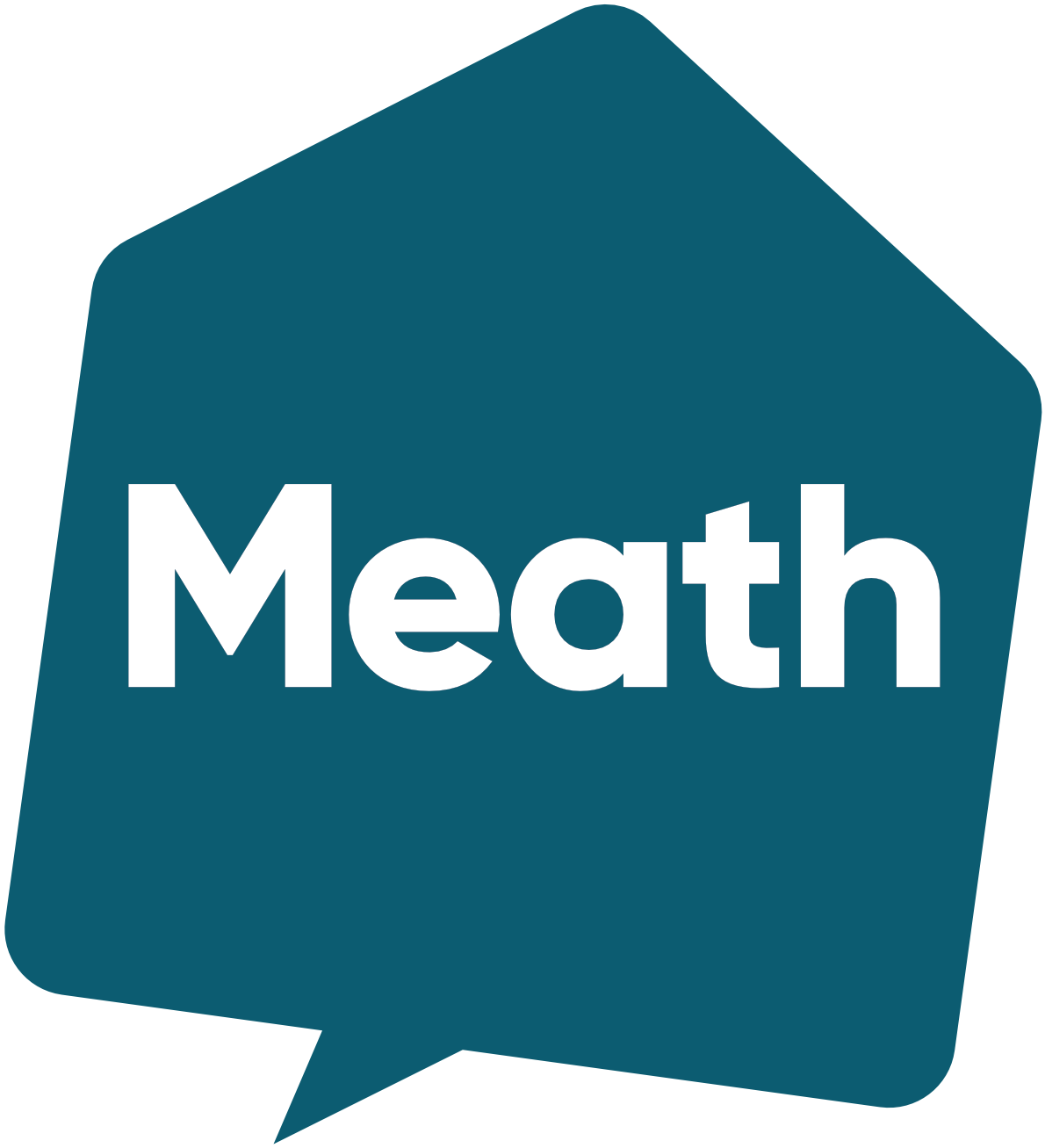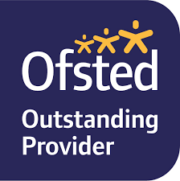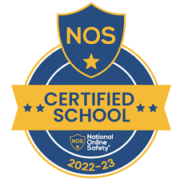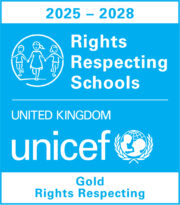Integrated specialist approaches to learning at Meath
We follow a modified National Curriculum to allow learning to become accessible, enjoyable, and
challenging for our children. Teachers plan alongside Speech and Language Therapists and
Occupational Therapists to deliver an integrated curriculum, which is adapted, personalised, and
resourced to meet the holistic needs of each child. We offer integrated therapies which is a
collaborative model throughout the child’s day including play, lunchtime and after school.
All staff use Sign Supported English throughout the school. We use this form of sign language alongside the spoken word to provide visual support to help children with their understanding of language. It also provides a mode of communication for those children who find talking difficult, and a common simple language for children to communicate with their peers.
We use Word Aware to support children’s vocabulary development. This is a whole school approach which helps children learn the words they need to access the curriculum. Subject specific progressive vocabulary is planned for each subject by the teacher and Speech and Language Therapist. Children learn a Word of the Week linked to their learning. This is introduced and explored in a weekly session by the Speech and Language Therapist and incorporated into their learning for that week.
Specialist approaches such as Cued Articulation a signing system for speech sounds, supports the teaching and learning of phonological awareness and the development of phonics, reading, and writing throughout the school curriculum.
Storytelling following the principles of LisnTel, -Live Inclusive Storytelling. Teachers and Speech and Language Therapists joint plan and deliver these interactive sessions which form our vehicle for a large section of our English Curriculum.
Our Speech and Language Therapists use the Blanks Model to assess pupils’ ability to understand questions. This model involves using different levels of questioning that increase in complexity.
Questions are pitched at an appropriate level for each pupil, enabling them to answer and show their learning.
Colourful coding is an approach we use to teach sentence building. This is embedded within the curriculum and used by teachers in sessions such as Storytelling and writing, and by specialists in 1:1 or small group Speech and Language sessions.
Zone of Regulation (Zones) is an approach embedded within the school and referred to by children and staff to help children recognise their emotions and develop strategies to be ready to learn. Children use tools to regulate their emotions and come back to learning after a challenge or frustration.
These weekly social skills groups are run in each class by Speech and Language Therapists. They are delivered alongside the PSHE curriculum and include areas such as managing feelings, friendship skills, resolving conflicts, and an ‘All About Me’ programme developing children’s understanding of themselves, their strengths & difficulties, support strategies and developing their confidence to share this information with others.
We use a wide range of strategies, resources and approaches to create this. This in turn supports children to develop their own Communication Toolkit. Language within each session is carefully considered and delivered with highly consistent use of Sign Supported English, gesture, objects, symbols, and visuals to enhance understanding. This is also important for extending language structure and developing literacy skills. Further tools include Visual Timetables and Social Stories as part of our Total Communication Environment. For some of our children with expressive and articulation difficulties we use Augmentative and Alternative Communication (AAC) strategies to support their communication. These include Low Tech e.g. signing, picture boards, sentence builders or High Tech Voice Output Communication Aids (VOCAs) known to the children as “talkers”
Therapeutic Listening uses organised sound patterns, integral to music, to impact all levels of the nervous system to enhance attention, balance, body awareness and control, communication, social engagement and organisation of sensory input.
Modulated Programme:
This evidence-based programme supports children who experience difficulties with processing senses (sensory processing dysfunction), listening, attention and communication. TLP uses audio to influence motor coordination. Pupils listen to specifically recorded and enhanced music via headphones as a part of a home therapy program. The average programme takes place over a 4-month period, although some children continue with certain music selections as part of a sensory diet/maintenance programme as advised by the Occupational Therapist.
TLP is not suitable for every child, but for those who take part, the programme is tailored to their individual needs and does not follow a set music progression. The Occupational Therapist will review music selections at set intervals to meet the child’s needs.
Quickshift programme:
For children who are prone to anxiety, we use Quickshifts® to help them regulate their emotions. These are music selections which immediately promote a calm, alert state for organised and focused behaviour (referred to as the ‘alpha brainwave state’).




